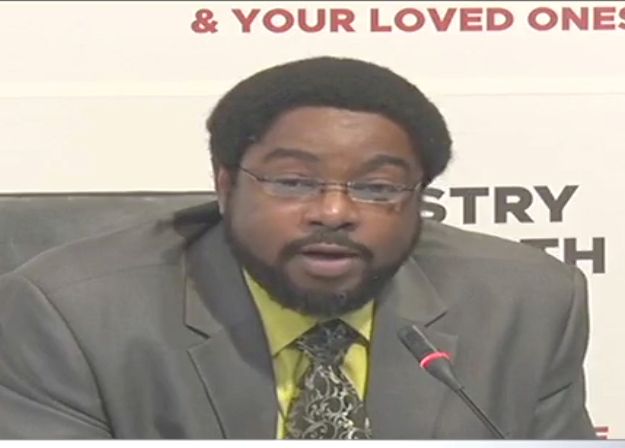(Trinidad Guardian) The country’s COVID-19 cases continued to rise yesterday, after the Ministry of Health confirmed 167 new infections, 23 of which came from offshore platforms.
The latest figure represented confirmed samples collected between April 19 and 21.
A Shell TT representative told Guardian Media 10 of the cases came from its Dolphin platform.
“Shell’s COVID-19 medical response team immediately began implementing all standard COVID-19 safety protocols for treating with positive personnel and minimising risk to others. This will include Medivac-ing those who have tested positive from the platform; transporting them to a Ministry of Health-approved location for isolation and conducting contact tracing,” Shell TT external relations manager Candice Clarke-Salloum said.
“The safety of our staff and contractors is our number one priority and we will continue to implement all medical and safety procedures in accordance with national COVID-guidelines.”
The newly-confirmed infections took the seven-day rolling average up to 100 cases per day. The lowest seven-day average the country recorded since the second phase of infections began on July 20, 2020, occurred less than two months ago on March 9, with roughly two cases per day. This was a continuous reduction that began in early February.
However, cases began a slow but sustained upward trajectory shortly after.
By Easter weekend, the average cases went from around 18 per day on April 1 to 29 by April 5.
Activity over this weekend has been attributed by health officials as driving the current spike facing the country. As recent as Wednesday, the Technical Director of the Ministry of Health’s Epidemiology Division, Dr Avery Hinds, confirmed this.
“We’re now seeing the effects as this week’s figures roll out. We’re seeing that two-week gap between Easter and now being followed by that large surge,” he said while presenting the epidemiologic data at a ministry virtual media conference.
On Monday, Minister of Health Terrence Deyalsingh described the increase as a “post-Easter spike.”
The Government has since reinstituted several restrictions in an attempt to curb the surge. Virology Professor Dr Christopher Oura believes these measures will work to reduce the incidence of infection. If it doesn’t, he said more restrictions may need to be implemented.
“It should work. However, it may indeed be that further restrictions are needed depending on what happens over the next few weeks, because if we see the situation carry on going up then yes indeed, further restrictions might need to be made,” he told Guardian Media.
The restrictions, he said, could have been implemented sooner in hindsight, because cases were already on the rise before the Easter period.
“To be wise after the event, yes of course if these restrictions had been put in, if people had been stopped from congregating over the Easter period, then we wouldn’t be in this situation probably that we’re in at the moment,” he said.
“However, it is always very difficult to make those decisions at the right time, so it’s good that they’re made now and hopefully they’ll stop this particular wave from being a particularly serious one.”






